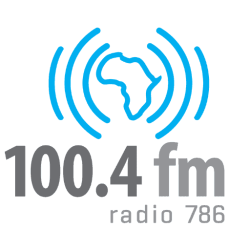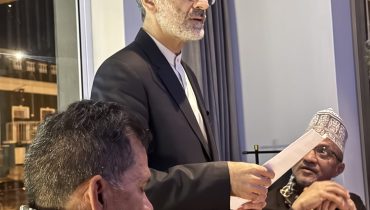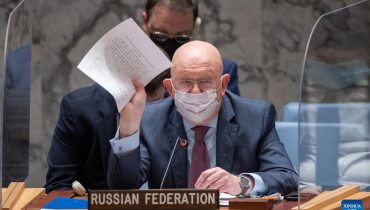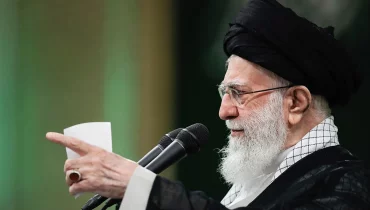Source: Unesco 26/05/2020
They give communities a voice and provide life-saving information yet the COVID-19 pandemic is threatening their own existence. They ‘tell it like it is’ because they are not compromised. Theirs is a struggle to inform, educate, entertain and develop their respective communities. Yes, these are community radios.
Community radios in East and Southern Africa (ESA) regions are facing various challenges due to COVID-19 that have significantly affected their operations. In a recently held webinar to commemorate World Press Freedom Day 2020, community radios practitioners deliberated on the impact of COVID-19 on the sector in both regions, indicating the need for governments to intervene to provide emergency funding for community radios’ sustainability.
As the tier of the media that is closest to the public, community radios play a key role to reach and inform citizens in local languages during a crisis, such as COVID-19. Due to financial constraints, sustainability of the sector is at stake. Community radios mainly operate with volunteer staff who are facing huge challenges that include their safety while commuting from their homes to radio stations.
The lack of personal protection equipment (PPE) makes safety a concern particularly when sourcing information. For example, practitioners from Tanzania pointed to the risk of using smart phones and voice recorders, which are held close to the mouth when talking to community members.
Practising social distancing is another major challenge for community radios as most operate in confined spaces. Access to expert information and expert speakers, reaching remote areas to report on COVID-19, sharing information with special groups such as blind people, preparedness to deal with pandemics and fighting disinformation are among many other prevailing challenges.
To address these challenges, community radios stakeholders need to ensure there are business continuity plans for disaster situations and strategic planning to prepare for disaster situations inclusive of pandemics. Participants also highlighted the need for governments to intervene to support community media so that the sector is sustained post COVID-19.
The ESA community radios webinar held on 8 May 2020 was organized by UNESCO Regional Office for Southern Africa and the Zimbabwe Association of Community Radio Stations (ZACRAS), under the topic: “COVID-19 and community radio – challenges, lessons, learnt, opportunities and recommendation”. The topic was unpacked by four community media experts, Franklin Huizies from South Africa, Rose Mwalimu from Tanzania, Mercelline Nyambala from Kenya and Francesco Diasio from World Association for Community Radios Broadcasters.
The programme to support ESA community radios collaboration in addressing COVID-19 is funded by the UNESCO International Programme for the Development of Communication – IPDC with complimentary support from the EU’s supported project on Addressing the ‘Disinfodemic’ on Covid-19.
The International Programme for the Development of Communication (IPDC) is the only multilateral forum in the UN system designed to mobilize the international community to discuss and promote media development in developing countries. The programme not only provides support for media projects but also seeks an accord to secure a healthy environment for the growth of free and pluralistic media in developing countries.
Over the last 40 years, the IPDC has focused its projects on the most urgent priorities in communication development all around the world. The programme has mobilized approximately US$ 120 million for over 2000 projects in more than 140 developing countries and countries in transition.
